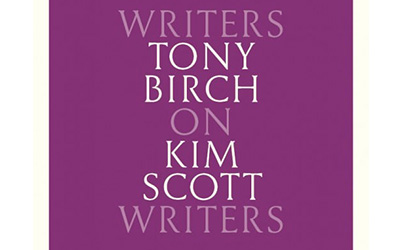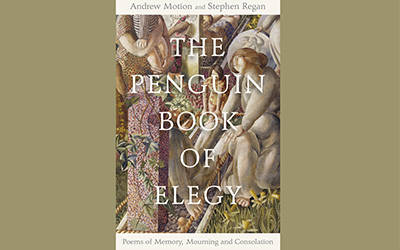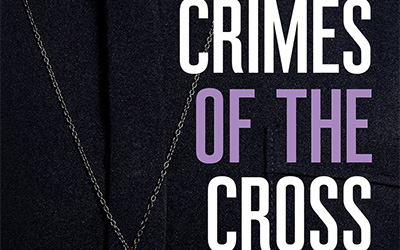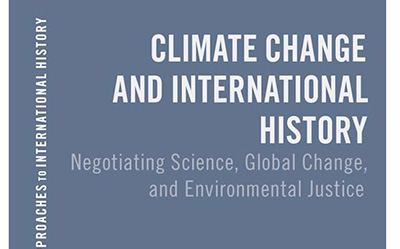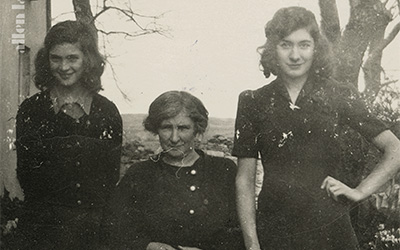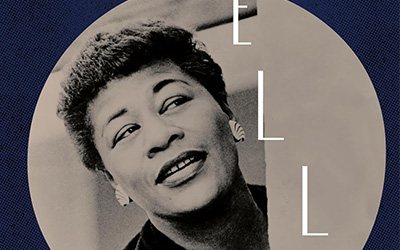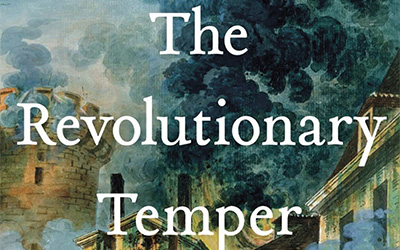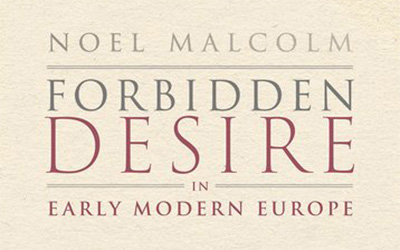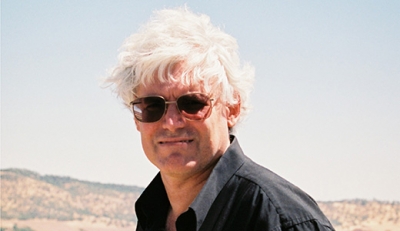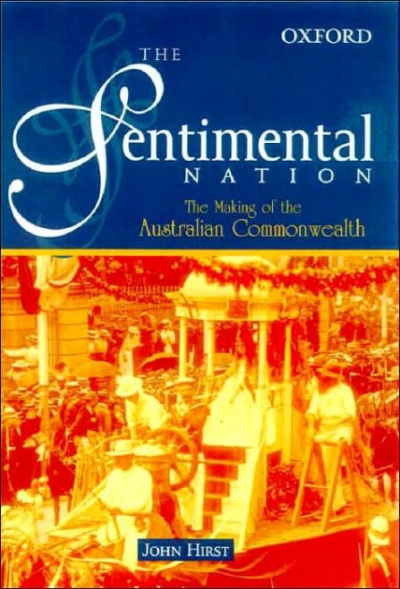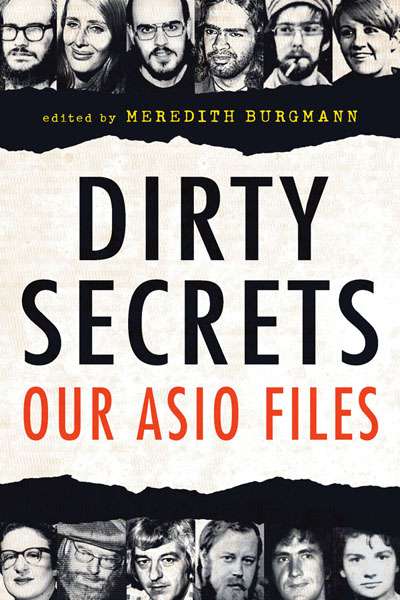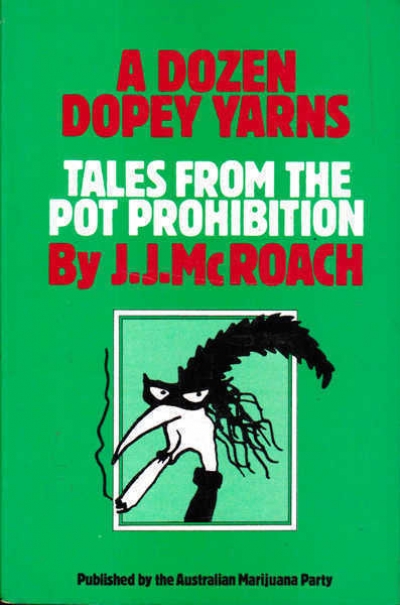Literary Studies
On Kim Scott: Writers on writers by Tony Birch
In this latest instalment of Black Inc.’s ‘Writers on Writers’ series, we have the intriguing prospect of Tony Birch reflecting on the work of Kim Scott. While most of the previous twelve books in this series have featured a generational gap, Birch and Scott, both born in 1957, are almost exact contemporaries. This is also the first book in the series in which an Indigenous writer is considering the work of another Indigenous writer. It will not be giving too much away to say that Birch’s assessment of Scott’s oeuvre is based in admiration. There is no sting in the tail or smiling twist of the knife.





